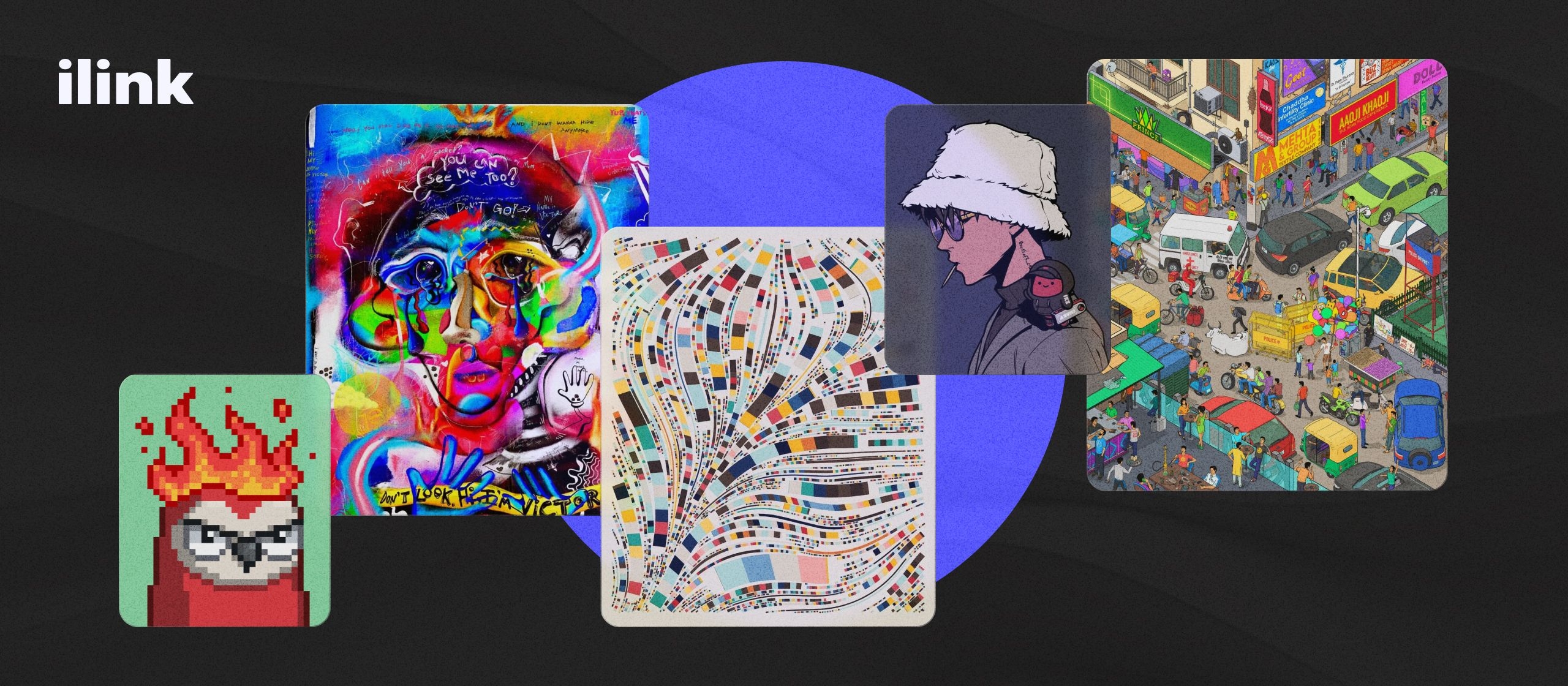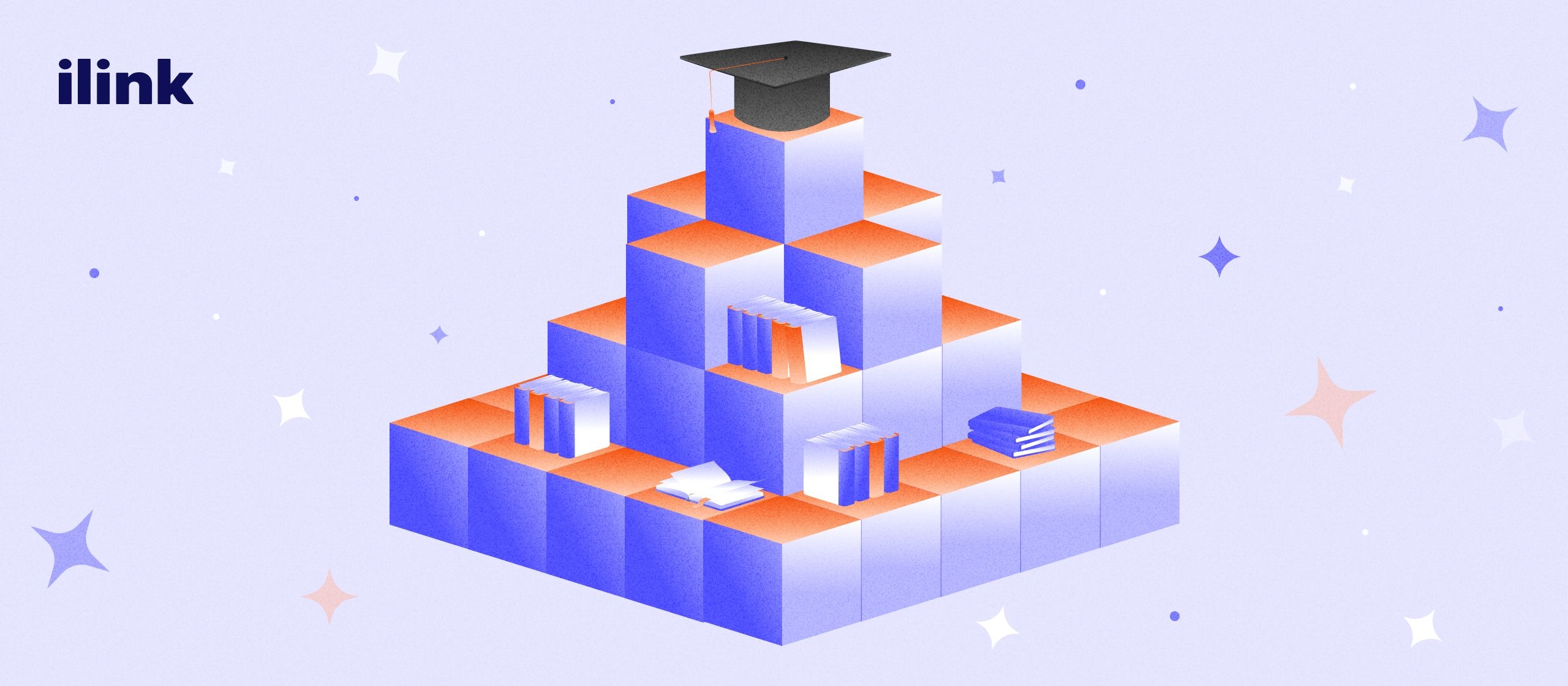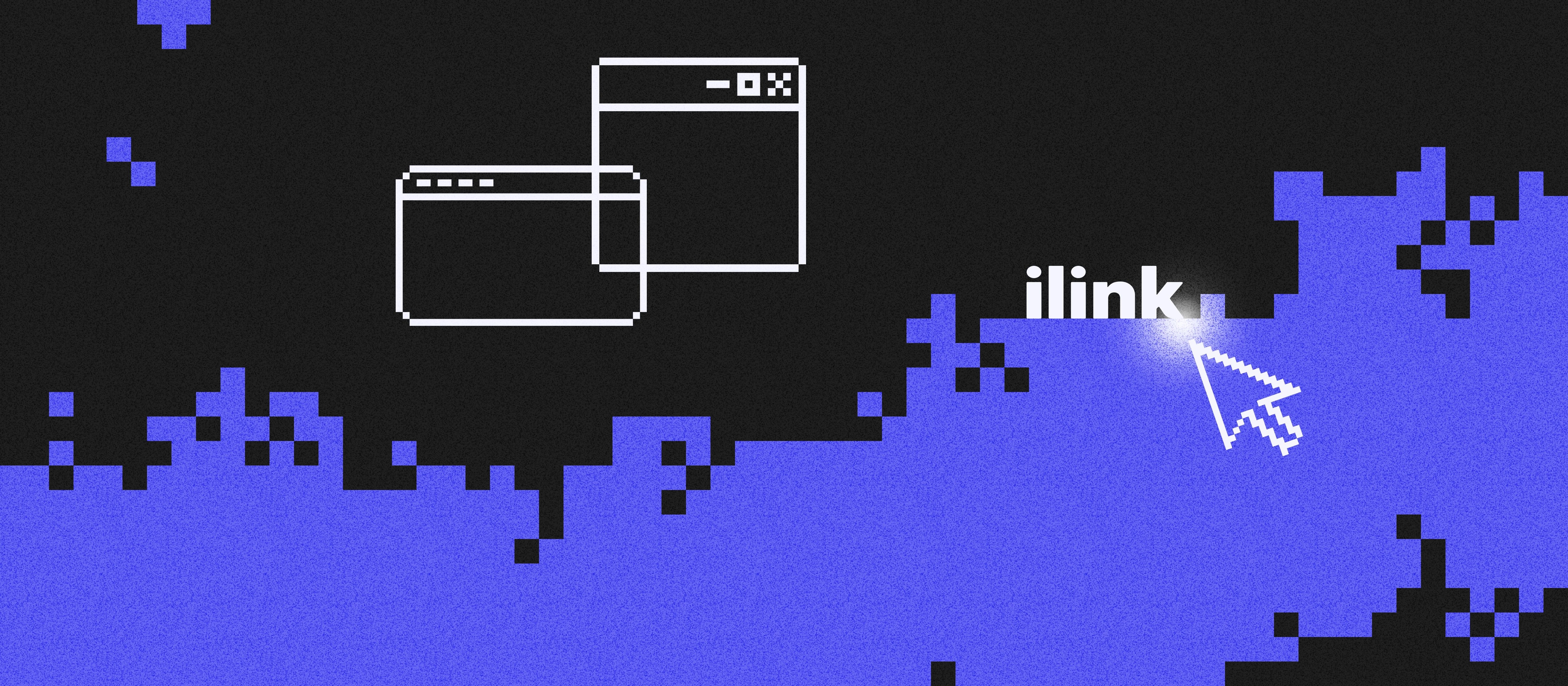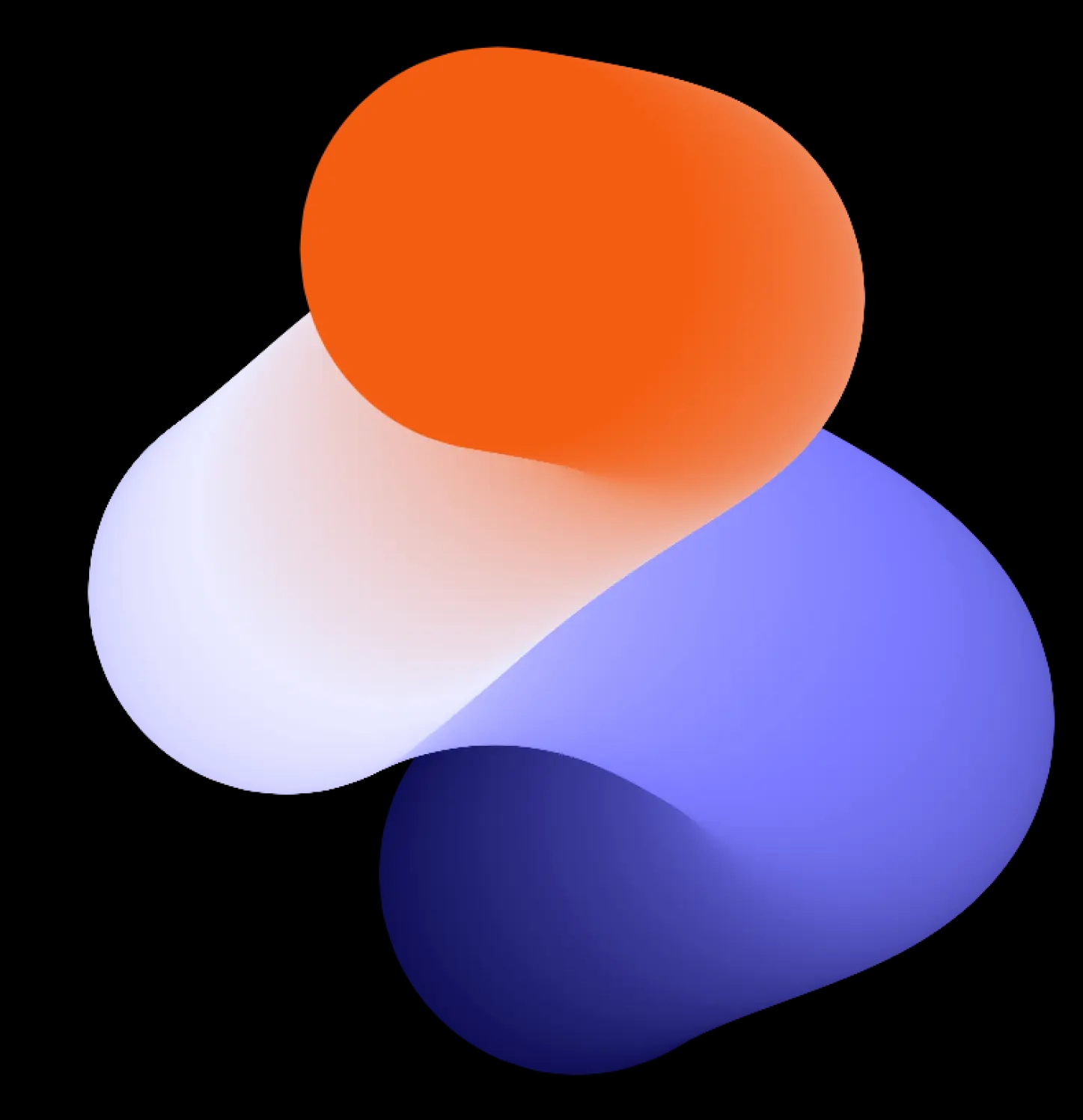How Do NFT Marketplaces Work? Understanding the Process of Buying, Selling, and Trading NFTs

Introduction
The world of NFTs (Non-Fungible Tokens) has exploded in recent years, transforming industries like art, gaming, collectibles, and even real estate. NFT marketplaces have become the central hubs where creators, buyers, and sellers can exchange unique digital assets. In this article, we will explore how NFT marketplaces work, focusing on the key features, processes, and the technologies that power them. Understanding the mechanics of these platforms is crucial for anyone looking to participate in the world of NFT trading and digital ownership.
What is an NFT Marketplace?
An NFT marketplace is an online platform where non-fungible tokens (NFTs) are created, bought, sold, and traded. These platforms allow users to interact with digital assets that represent ownership of unique items like digital art, gaming assets, and collectibles. NFT marketplaces operate on blockchain networks like Ethereum, Solana, and Binance Smart Chain, ensuring security, transparency, and decentralized ownership of the assets.
Key Features of an NFT Marketplace
- NFT listings. Users can list their digital items for sale as NFTs.
- Smart contracts. Transactions are automated through smart contracts, ensuring trustless and secure transfers.
- Payment methods. Most NFT marketplaces allow users to buy and sell NFTs using cryptocurrencies like Ethereum (ETH), Binance Coin (BNB), or Solana (SOL).
How Do NFT Marketplaces Work?
NFT marketplaces operate through the integration of blockchain technology, smart contracts, and crypto wallets. Here’s a breakdown of how they work:
Blockchain Integration
- NFT marketplaces leverage blockchain networks like Ethereum, Solana, and Binance Smart Chain. These blockchains use decentralized ledgers to store records of NFT transactions, making ownership transparent and verifiable.
- Ethereum is the most widely used blockchain for NFTs, using ERC-721 and ERC-1155 token standards, which define how to create unique tokens that represent digital assets.
Minting NFTs
- Minting is the process of creating an NFT from a digital file (e.g., an image, music file, or video). In this process, a creator uploads their content to the marketplace, which then generates a unique token that represents ownership of the asset.
- The NFT minting process also involves associating metadata with the asset, such as title, description, and royalties.
Smart Contracts
- Smart contracts are self-executing contracts with the terms of the agreement directly written into code. When an NFT is bought or sold, the smart contract facilitates the transaction and ensures that the correct amount of cryptocurrency is transferred and the ownership of the NFT is updated.
- Smart contracts also handle royalties for creators, ensuring they receive a percentage every time their NFT is resold on the platform.
Wallet Integration
- Users connect their crypto wallets (e.g., Walletverse, MetaMask, Trust Wallet, or Coinbase Wallet) to the NFT marketplace to manage their NFT collection and execute transactions.
- These wallets store NFTs and the necessary private keys that authenticate the user’s identity and allow them to interact with the marketplace securely.
Key Features of NFT Marketplaces
To make buying, selling, and trading NFTs easy and secure, successful NFT marketplaces offer several key features:
User Profiles
Users can create profiles to manage their NFT collections, track transactions, and receive updates on auctions and sales.
NFT Listings
Sellers can list their digital assets for sale, choosing between fixed prices or auction-style sales. Listings typically include metadata, such as the NFT title, creator information, price, and royalties.
Search and Filter Options
A search engine within the platform helps users find NFTs based on categories such as price, artist, rarity, and collection. Filters also make it easy to find specific types of digital assets.
Bidding and Auctions
NFT marketplaces offer auction systems where buyers can place bids on NFTs over a set period. Sellers can choose to auction their NFTs to potentially receive higher offers from buyers.
Transaction and Payment Methods
- Transactions are handled using cryptocurrency.
- Most transactions are done with Ethereum (ETH), but other cryptocurrencies like BNB and Solana are gaining traction.
How Users Interact with an NFT Marketplace
Here’s how different users interact with an NFT marketplace:
For Sellers
- Sellers can create an account, list their NFTs, and set the terms of the sale (whether it's a fixed price or an auction).
- Royalties: Sellers often set royalties that ensure they receive a percentage of future sales whenever their NFTs are resold.
For Buyers
- Buyers can browse the marketplace, use filters to find NFTs they are interested in, and make purchases using their connected crypto wallet.
- Once purchased, NFTs are transferred to the buyer’s wallet, and the transaction is recorded on the blockchain for transparency.
For Creators
- Creators can mint their NFTs on the platform, set up royalties, and engage directly with buyers.
- The platform gives creators the ability to monetize their work, and they can earn royalties every time their NFTs are resold.
Contact ilink - our expert team specializes in building secure, user-friendly NFT marketplace solutions. Let’s help you create the perfect platform for NFT trading and digital ownership today!
Popular NFT Marketplaces
Here are some of the largest and most popular NFT marketplaces:
- OpenSea. One of the largest NFT marketplaces that supports a variety of digital assets, including art, virtual items, collectibles, and more.
- Rarible. A decentralized NFT marketplace that allows users to create, buy, and sell NFTs. Rarible also enables users to participate in governance decisions.
- Foundation. A curated NFT platform for digital artists that focuses on promoting independent creators and their work.
Benefits of NFT Marketplaces
NFT marketplaces offer numerous benefits for creators, buyers, and sellers:
For Creators
- Monetization. NFT creators can easily monetize their digital art and creations without intermediaries like galleries or auction houses.
- Royalties. Creators can earn royalties on secondary sales of their NFTs, ensuring they continue to profit from their work even after the initial sale.
For Buyers
- Ownership. Buying an NFT means you own a unique digital asset that is verifiably scarce and owned by you, with ownership recorded on the blockchain.
- Access to exclusive content. Many NFT marketplaces offer access to exclusive, rare items that are not available in traditional markets.
For Sellers
- Global reach. NFT marketplaces provide sellers with access to a global audience of buyers, ensuring that their NFTs can be sold worldwide.
- Liquidity. NFT marketplaces offer high liquidity, allowing sellers to quickly sell their NFTs when desired.
How to Choose the Right NFT Marketplace
When choosing an NFT marketplace, consider these factors:
Supported Blockchains
Ensure that the platform supports the blockchain and NFT token standards you prefer, such as Ethereum (ETH), Solana (SOL), or Binance Smart Chain (BSC).
Transaction Fees
Gas fees can vary depending on the platform. Ethereum-based platforms typically have higher fees compared to Solana or Binance Smart Chain, so choose accordingly.
Security and Trust
Look for marketplaces that implement smart contract audits, SSL encryption, and two-factor authentication (2FA) to ensure the safety of your funds and data.
User Experience
The UI/UX of the platform should be intuitive, making it easy for users to list, buy, and sell NFTs.
NFT marketplaces have become essential platforms for anyone involved in the world of NFTs, whether you’re a creator, buyer, or seller. By leveraging blockchain technology, smart contracts, and crypto wallets, these platforms offer a secure and decentralized environment for trading unique digital assets. Whether you’re interested in NFT art, collectibles, or gaming assets, understanding how NFT marketplaces work will help you engage more effectively in the growing NFT ecosystem.
Comments (0)
Latest Posts

In this article, we will dive into the key roles in a blockchain development team, the necessary skills for each role, and the tools and methodologies that help these teams collaborate efficiently and deliver top-notch blockchain applications.

In this guide, we’ll walk you through the web development life cycle, from initial planning to post-launch maintenance.
Do You Have Any Questions?
Leave your details - we will contact you to answer all your questions

